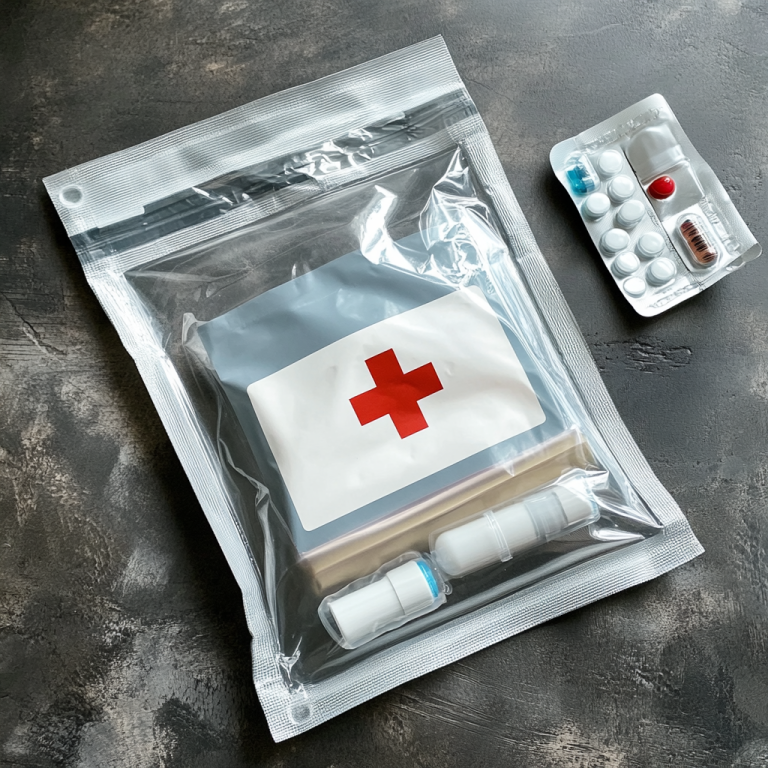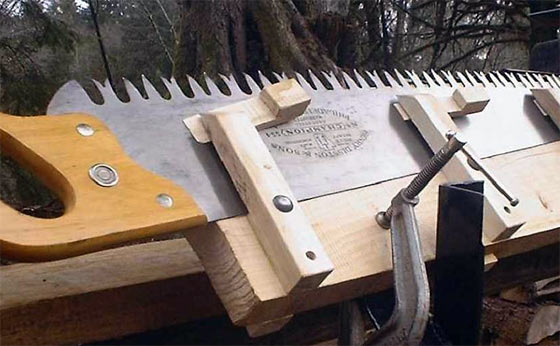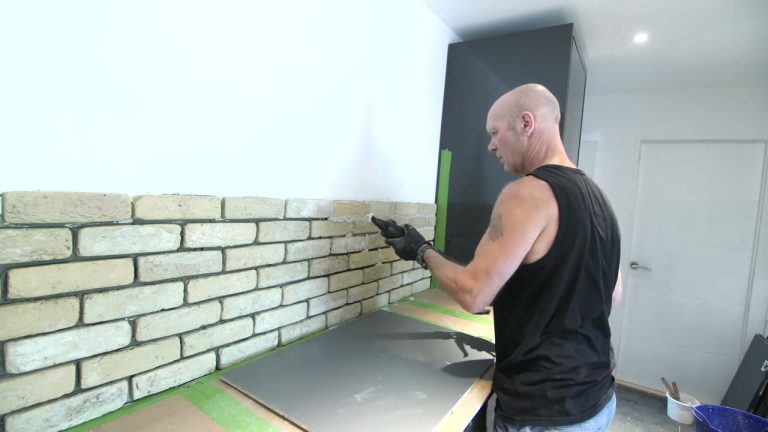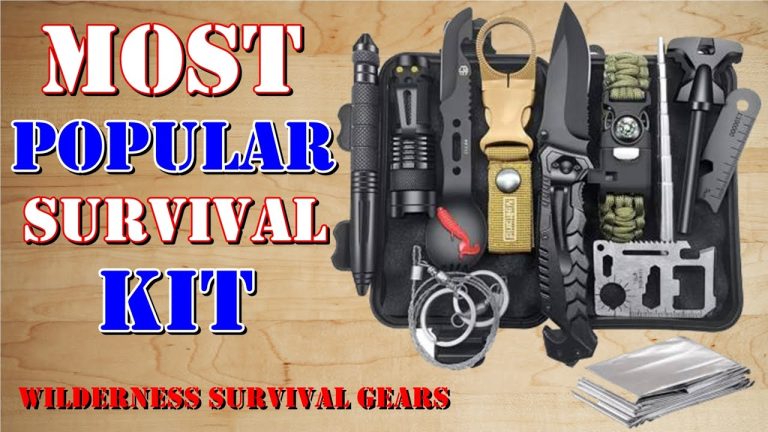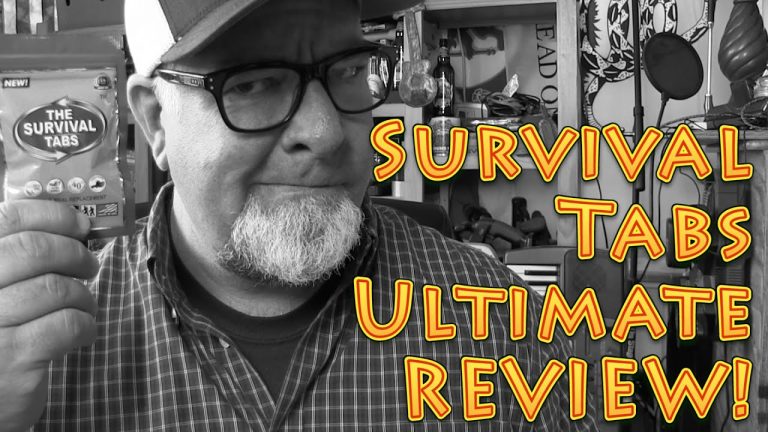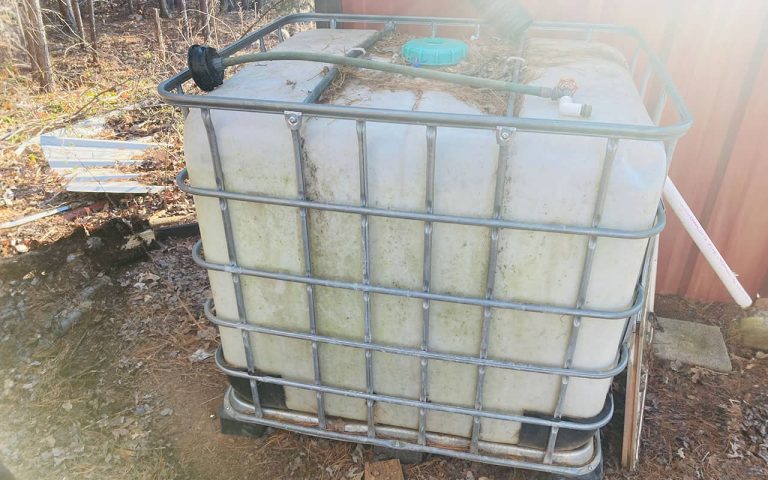Written by Bernie Carr
In today’s unpredictable world, personal safety is of paramount importance. A well-chosen knife can be a valuable self-defense tool, but it comes with potential risks when carried without the knowledge of how to use it effectively. In this comprehensive guide, we’ll explore the best knives for self-defense, delve into the legal considerations for each state, discuss the risks of carrying a knife without proper training, and provide suggestions on how to get knife defense training.
Choosing the Best Knife for Self Defense
Knife choices largely depends on your needs. Selecting the right knife for self-defense is a critical decision that should be made with care, taking various factors into account:
- Blade Type:
- Choose between a fixed-blade* or folding knife, weighing the benefits of durability and ease of concealment.
- Blade Shape:
- Consider blade shapes such as Tanto*, Bowie, or drop-point blades, known for their piercing capabilities and strength.
- Blade Length:
- Opt for a blade within the 3-5 inch range for a good balance of maneuverability and effectiveness.
- Handle:
- Ensure your knife has a comfortable, non-slip grip that allows you to maintain control in high-stress situations.
- Material:
- High-quality stainless steel or carbon steel is preferable for durability and sharpness.
- Legal Considerations:
- Before purchasing any self-defense knife, it’s crucial to understand and adhere to the legal restrictions in your state. Each state has specific laws governing the carry and use of knives, and it’s your responsibility to be aware of them.
Legal Considerations by State
Laws regarding the carry and use of knives vary significantly from one state to another. It’s crucial to be aware of these regulations to avoid legal issues. Here’s a general overview:
- California:
- California has strict knife laws, with an emphasis on concealed carry. For example, folding knives can be carried while concealed, but “dirks and daggers” that can be used for stabbing including kitchen knives, ice picks, and any other fixed-blade knives may be carried openly in public in a sheath, but are illegal to carry knives concealed on your person. Certain knives such as switchblades, belt-buckle knives, and ballistic knives, are all illegal to possess, manufacture, sell, and import in California. Some cities have even more stringent regulations.
- Texas:
- Texas allows the open and concealed carry of knives, but there restrictions that apply to blade lengths-they must be 5.5 inches or less. Automatic opening knives may have limitations.
- New York:
- New York has complex knife laws that prohibit switchblades and concealed carry.
- Florida:
- Florida permits the open carry of knives (with no length restriction), but concealed carry of any knife much be done with a license. Certain locations, such as schools and government buildings, are off-limits.
- Illinois:
- Illinois has strict knife regulations, with specific restrictions on switchblades and ballistic knives. Blades that are longer than three inches are illegal on public properties.
- Colorado:
- Colorado is relatively knife-friendly, allowing open carry of most knives, but there are restrictions on concealed carry. You cannot carry concealed knives, unless the blade is shorter than 3.5 includes.
Most areas have restrictions on where knives can be carried such as schools, airports, voting areas, federal buildings and more. Please note that this is NOT an exhaustive list of everything related to knife laws. For specific legal details, consult local and state laws and regulations. Always ensure compliance with the laws in your area.
Don’t Skip Training!
Carrying a knife for self-defense without proper training can pose several risks, including:
- Increased Danger:
- Without training, you may inadvertently escalate a situation, putting yourself and others at greater risk.
- Legal Consequences:
- Using a knife improperly can lead to legal trouble, including criminal charges for assault or even manslaughter.
- Ineffectiveness:
- A knife can be ineffective or even dangerous in untrained hands, making you more vulnerable in a confrontation.
- Loss of Control:
- Lack of training can result in losing control of your knife, potentially injuring yourself or innocent bystanders.
Suggestions for Knife Defense Training
Proper training is essential to ensure that you can use a self-defense knife effectively, responsibly, and safely. Here are some suggestions on how to get started:
- Professional Instructors:
- Seek out professional self-defense or knife defense instructors with a solid track record and a focus on safety.
- Martial Arts Classes:
- Many martial arts schools offer specialized knife defense training. Consider enrolling in one that aligns with your interests.
- Self-Defense Workshops:
- Attend self-defense workshops or seminars that specifically cover knife use and defense techniques.
- Online Resources:
- Utilize online resources such as instructional videos and courses. While these can be a helpful supplement, in-person training is typically more effective.
- Regular Practice:
- Consistent practice is key to honing your skills. Attend regular training sessions to build your confidence and proficiency.
Training Aspects for Effective Self-Defense
Owning a self-defense knife is just the beginning; knowing how to use it effectively is essential. Proper training can make all the difference in a crisis situation.
- Basic Knife Handling:
- Learn how to hold the knife correctly, maintain a secure grip, and execute basic strikes and defensive moves.
- Situational Awareness:
- The key to self-defense is recognizing potential threats. Train yourself to stay aware of your surroundings.
- Knife Techniques:
- Expert trainers can teach you techniques such as the “ice pick grip” and “reverse grip,” maximizing your defensive capabilities.
- Legal Use of Force:
- Understand the legal limits of using a knife for self-defense. It should be a last resort when there is an imminent threat to your life.
- Realistic Scenario Training:
- Participate in realistic scenario training to simulate high-stress situations and practice your skills under pressure.
- First Aid Skills:
- Learn basic first aid to treat injuries in case a confrontation turns physical.
Conclusion
Selecting a self-defense knife is a decision that warrants careful consideration of its type, shape, length, handle, and materials. Legal considerations are paramount, as knife laws vary by state and locality. It is your responsibility to comply with local regulations.
We have additional resources regarding choosing the best knife for your needs:
Choosing a Knife According to Your Survival Needs
10 Best Foldable Knives that Women will Like
The 13 Best All-Purpose Prepper Knives
Top Features to Look for While Purchasing a Suitable Survival Knife
Remember, carrying a knife for self-defense without proper training can lead to dangerous consequences, both for you and others. Seek out qualified instructors or classes to ensure you can use your knife effectively, responsibly, and safely. Your safety, and the safety of those around you, depend on your knowledge and preparedness.
In conclusion, choose your self-defense knife wisely, stay informed about the legal regulations in your area, and invest in comprehensive training to be well-prepared for any potential threats. Safety should always be your top priority.
*We are an affiliate of Amazon.com, which means we received a small commission if you click through one of our Amazon links when you shop, at totally no cost to you. This helps keep the lights on at the blog. Thanks!
About the author
Bernie Carr is the founder of Apartment Prepper. She has written several books including the best-selling Prepper’s Pocket Guide, Jake and Miller’s Big Adventure, The Penny-Pinching Prepper and How to Prepare for Most Emergencies on a $50 a Month Budget. Bernie’s latest e-book, FRUGAL DIY has been released on Amazon. Her work appears in sites such as the Allstate Blog and Clark.com, as well as print magazines such as Backwoods Survival Guide and Prepper Survival Guide. She has been featured in national publications such as Fox Business and Popular Mechanics. Learn more about Bernie here.
FB: https://www.facebook.com/apartmentprepper
Instagram: https://www.instagram.com/apartmentpreppers/
Twitter: https://twitter.com/AptPrepper
YouTube: https://www.youtube.com/channel/UC7vOtdbo-wiBeBxD6puCr1Q
Patreon: https://patreon.com/apartmentprepper
Pinterest: https://www.pinterest.com/aptprepper/
Today’s societal climate not supportive of prepping. With your help, we can keep bringing you content that is often suppressed. Help keep Apartment Prepper alive.
Join me on Patreon for ad-free content.
Or Help out via Paypal











